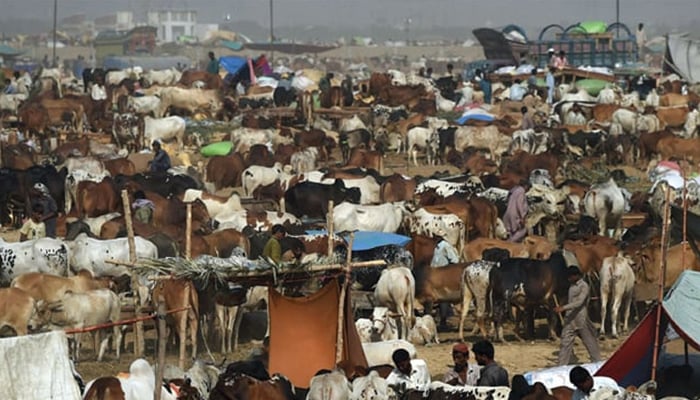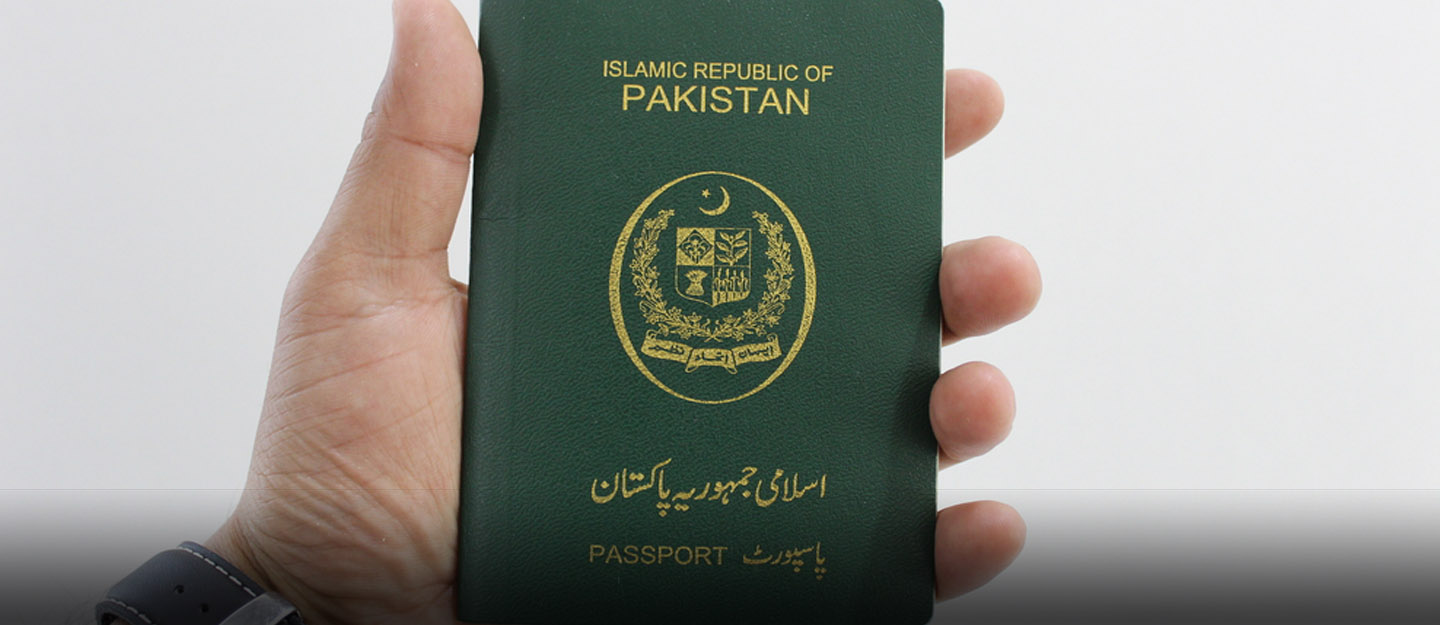Pakistan lifts ban on new gas connections: What it means for households
Table of Contents
ToggleThe Government of Pakistan lifts ban on new gas connections that was in place since 2021, a move aimed at easing energy burdens for households. Under the new policy, consumers in newly-developed housing areas and those awaiting service can now apply for Re-Gasified Liquefied Natural Gas (RLNG) connections.
Why the ban was in place
The ban was imposed in 2021 due to concerns about declining domestic gas reserves and challenges in meeting supply demand. Many households forced to depend on liquefied petroleum gas (LPG) cylinders or alternate fuels saw higher costs and safety issues.
What RLNG means for consumers
RLNG is an imported gas substitute. Although it remains more expensive than domestic natural gas, it is 30-35% cheaper than LPG. This price gap makes RLNG a more affordable and safer option for many households.
Pending applicants for gas connections will be given the option to convert to RLNG based systems by paying prescribed security or conversion fees. The two main gas distribution companies — Sui Northern Gas Pipelines Limited (SNGPL) and Sui Southern Gas Company (SSGC) — have been directed to process these applications once the formal notification is issued.
Government role & energy policy direction
Petroleum Minister Ali Pervaiz Malik announced the decision after cabinet approval, noting it responds to public demand and seeks to reduce dependence on LPG. He added that there is a surplus of RLNG supply and adequate electricity, and that steps are underway to increase local gas exploration.
Malik also said that applications already waiting will be processed, and households can convert their pending applications to RLNG-based service after paying the required security deposit and fulfilling technical or infrastructure requirements.
Potential challenges & what’s next
While lifting the ban marks a major relief, RLNG still costs more than indigenous natural gas. Thus, for many, especially in low-income or rural areas, the cost savings vs LPG will help but may not fully offset other expenses.
Long term, the government plans further bidding rounds for local gas exploration both onshore and offshore, and aims to increase indigenous gas production. These measures are expected to reduce reliance on imports and RLNG over time.







